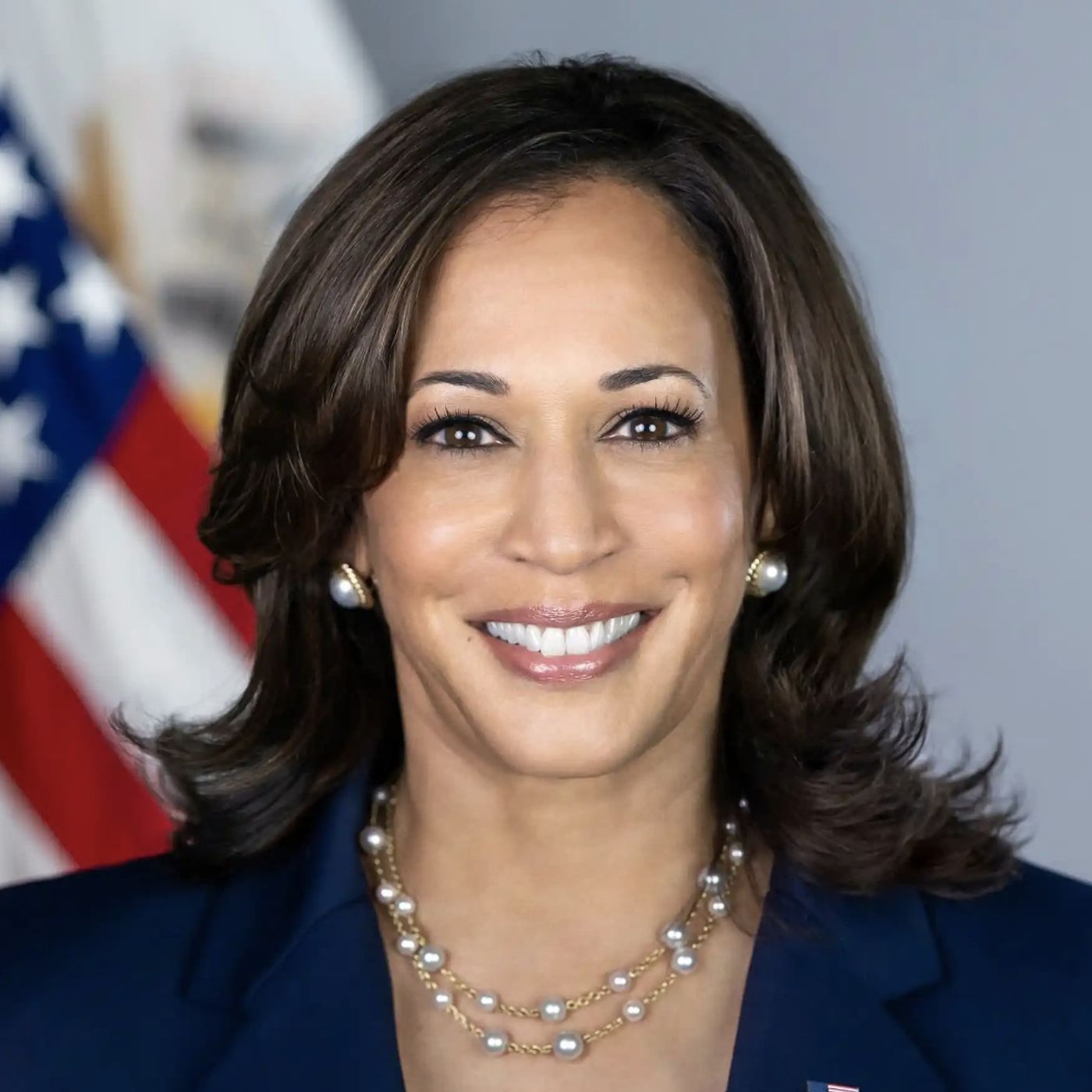Kamala Harris' Healthcare Vision: Affordable Drugs, Reproductive Rights, and Comprehensive Coverage
Description
Vice President Kamala Harris has been a prominent figure in discussions about the future of American healthcare, blending her legal expertise and policy acumen to propose significant changes that could reshape the landscape. Her potential presidency has sparked discussions on how she might address pivotal healthcare issues such as drug pricing and abortion, areas she has been notably vocal about.
Harris has consistently advocated for reducing the high cost of prescription drugs, a pressing concern for millions of Americans. During her time in the Senate, she co-sponsored legislation aimed at lowering drug prices by importing cheaper medications from Canada, enhancing price transparency, and allowing Medicare to negotiate drug prices directly with pharmaceutical companies. This stance aligns with a broader Democratic effort to combat the escalating costs that burden American families and the healthcare system alike.
In addition to her focus on drug prices, Harris has been a staunch defender of reproductive rights. Her extensive record of supporting abortion rights emphasizes the need for accessible healthcare services for women, without governmental overreach. Harris has criticized policies that restrict abortion access and has advocated for expanding reproductive health services, including wider availability of contraception and sex education. Her approach ensures that women's health rights remain a central focus in her policy agenda, reflecting a commitment to upholding and expanding rights where she feels they are threatened.
Harris's broader healthcare vision also includes reinforcing and expanding the Affordable Care Act, often referred to as Obamacare. By increasing federal funding and closing coverage gaps, she seeks to ensure that more Americans have access to affordable healthcare. This stands in contrast to attempts to repeal or scale back the ACA, which she argues would leave millions without essential coverage.
Another significant aspect of Harris's healthcare priorities is mental health. She has called for integrating mental health care into standard healthcare offerings, advocating for parity in insurance coverage and greater investment in mental health services. This focus acknowledges the mental health crisis in the United States, exacerbated by the COVID-19 pandemic, and aims to provide comprehensive care to those in need.
Harris's plans also touch on tackling racial disparities in healthcare, pledging to address systemic inequities that disproportionately affect communities of color. By advocating for comprehensive reform and targeted initiatives, she aims to bridge the gap in healthcare quality and access among different demographics.
Her approach has drawn both support and criticism, reflecting the polarized nature of healthcare debates in the United States. Proponents commend her for prioritizing critical issues such as drug affordability and reproductive rights, while opponents express concerns about the cost and feasibility of her proposals.
Overall, a Kamala Harris presidency could herald substantial changes in healthcare policy. Her focus on affordability, accessibility, and equity frames a vision of healthcare reform that resonates with many but remains a contentious point in American politics. As debates continue to unfold, Harris's influence signifies a potential shift toward more progressive healthcare legislation. Her leadership could be pivotal in shaping the next era of healthcare in the United States, impacting millions of lives in the process.
More Episodes
In a political landscape often unforgiving to incumbent leaders and their parties, Kamala Harris's recent electoral performance challenges conventional wisdom. Garnering an impressive 48.3 percent of the vote, Harris demonstrated significant resilience and influence in the face of overwhelming...
Published 11/23/24
Kamala Harris, the U.S. Vice President, is actively engaged in fundraising efforts to finance a recount even as several deadlines for seeking one have already passed. Utilizing the flexibility granted by the Federal Election Commission (FEC) regarding how money raised for recounts can be...
Published 11/22/24
Published 11/22/24


